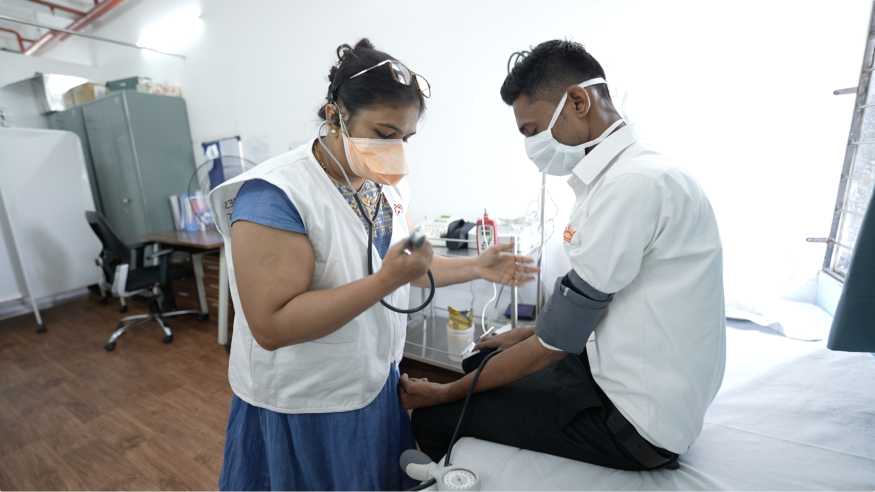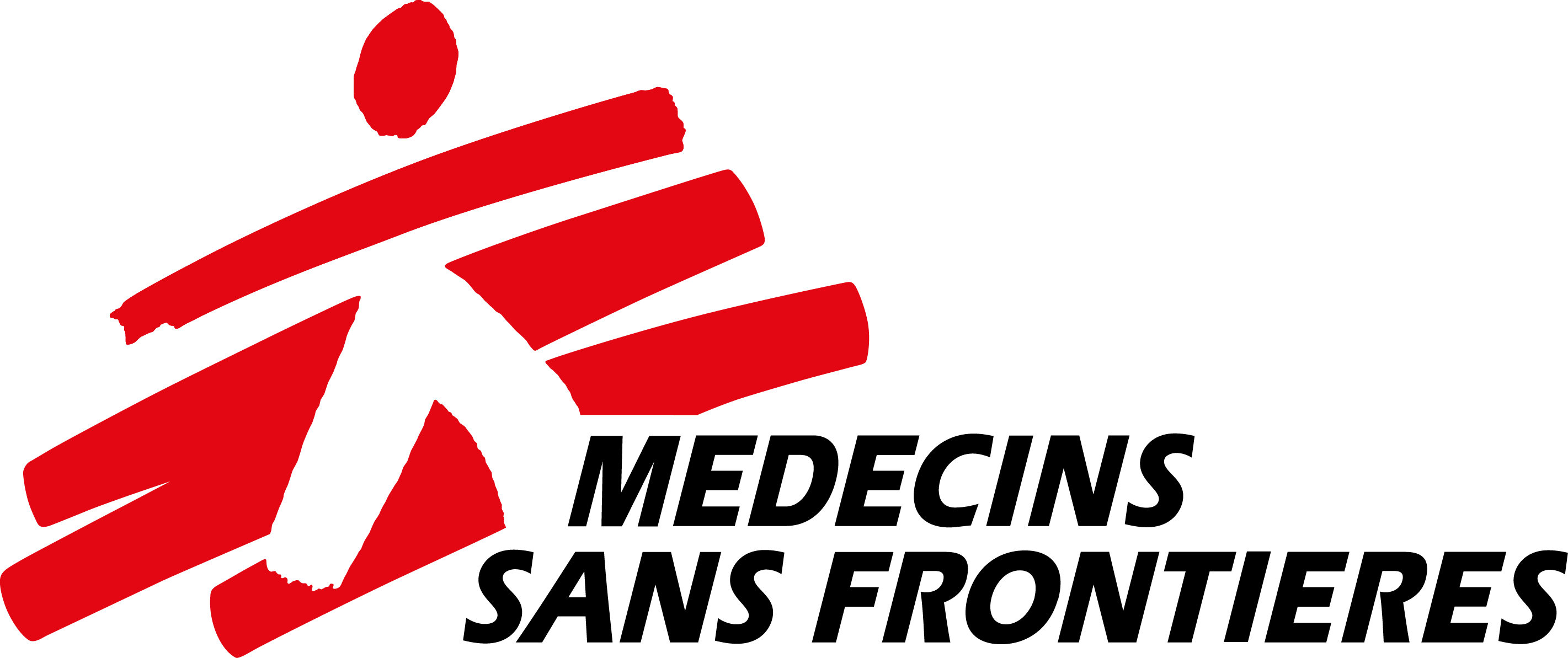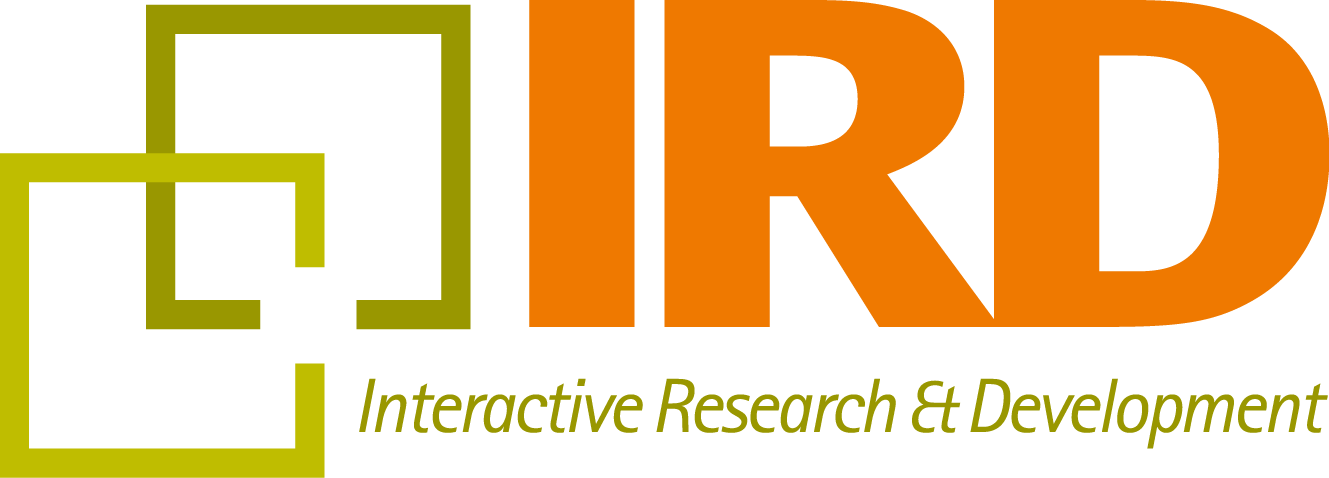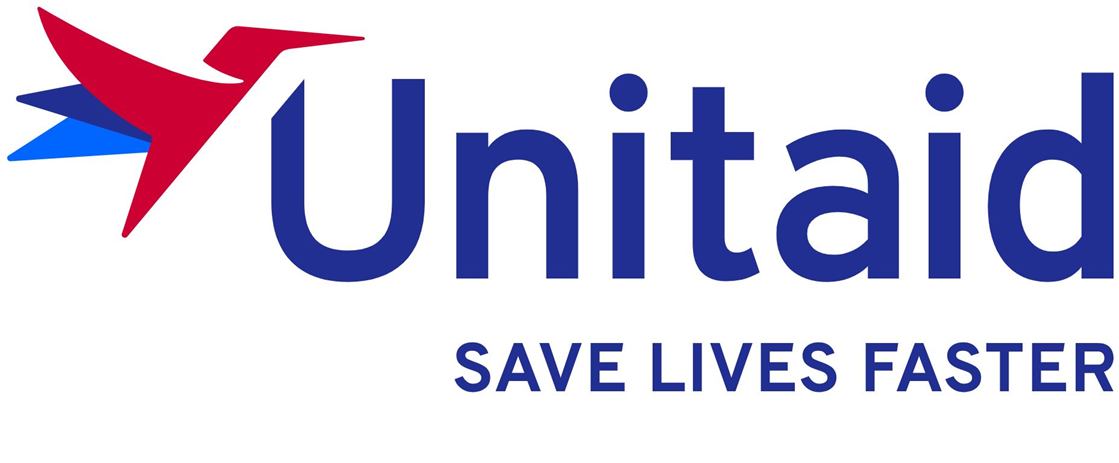
Paris, 19 August 2024 - In a rapid communication, the World Health Organization (WHO) recommended 3 new regimens for multidrug- or rifampicin-resistant tuberculosis (MDR/RR-TB), which were studied in the endTB clinical trial. This is a breakthrough in the fight against MDR-TB worldwide. endTB was conducted by a consortium of organisations led by Médecins Sans Frontières (MSF), Partners In Health (PIH), and Interactive Research and Development (IRD), and funded by Unitaid. The WHO-recommended endTB regimens were studied in 7 countries between 2017 and 2023: They are much shorter and at least as effective as conventional treatments for patients with MDR-TB. They allow patients to be cured in 9 months with all-oral regimens. This represents a major improvement over the comparator, an 18-month regimen that could include daily painful injections.
”After several decades of therapeutic status quo, and for the second time in two years, new treatments evaluated by independent actors, including NGOs, have been rapidly incorporated by the WHO into its recommendations for combating the scourge of multidrug-resistant tuberculosis”, said Lorenzo Guglielmetti, MD, PhD, Médecins Sans Frontières Director for the endTB project and Co-Principal Investigator of the clinical trial. “This is a major step forward for the health of millions of patients affected by this form of the disease, which is particularly difficult to treat. It should be remembered that around half a million people fall ill with MDR/RR-TB every year, and many die from it.”
A second innovation included in WHO’s rapid communication is the recommendation of the 6-month treatment strategy tested by the BEAT-Tuberculosis clinical trial in South Africa. Together—and in addition to the 6-month regimen known as ‘BPaLM’, which was recommended by the WHO in 2022 following results of the MSF-sponsored TB-PRACTECAL clinical trial—they offer a long-awaited variety of therapeutic alternatives to the long and toxic regimens used to date.
Dr. Guglielmetti adds, “It’s important to remember that the pharmaceutical industry, despite significant public financing, has only brought new drugs to market. They have not informed the use of these drugs in regimens. Rather, it has been left to NGOs, with more philanthropic and public funding, to conduct controlled trials to inform practical use of, and innovations with, novel products.”
endTB results are the first for which WHO states that evidence supports new recommendations for programmatic use of novel, shortened regimens “in many population groups, including children, adolescents, pregnant and breastfeeding women”. These groups have historically been excluded from—or are delayed in gaining access to—therapeutic innovations. “Clinicians can now offer these advances to nearly all patients, thereby increasing chances of cure while reducing exposure to treatment toxicity and reducing the spread of drug-resistant forms of TB in the community.”, says Carole Mitnick, ScD, Partners In Health Director of Research for the endTB project, Co-Principal Investigator of the study, and Professor of Global Health and Social Medicine at Harvard Medical School.
“With treatment complexity, duration, and toxicity reduced—and options increased—prospects for eliminating the gap between need (approximately 500,000 patients/year) and percentage treated (no more than 35%/year) are vastly improved. Importantly, the four new WHO-approved shorter, all-oral treatments announced today depend exclusively on drugs that are off primary patent and with which clinicians have significant experience. However, two of the regimens recommended today rely on delamanid. These are the first standardized shorter drug combinations containing delamanid that are recommended to treat MDR/RR-TB. But access to this drug remains extremely restricted”.
Japanese corporation Otsuka, through its exclusive licensee Viatris, keeps the price of delamanid excessively high1. “We call on Otsuka and Viatris to stop blocking price-lowering generics from entering the market and to immediately share delamanid with every company interested in making more affordable quality-assured generic versions of this lifesaving TB drug”, says Christophe Perrin, TB Advocacy Pharmacist at MSF’s Access Campaign. “In addition, Otsuka and Viatris must urgently drop their prices for delamanid, so that many more people with drug-resistant TB can access this lifesaving drug as part of shorter, all-oral regimens.”
1. The price of delamanid remains excessively high: Japanese corporation Otsuka and its exclusive licensee Viatris charge around US$1,200 for a 6-month treatment course in low- and middle-income countries through the Global Drug Facility (GDF), with Viatris charging $840 in India. These high prices are stark considering generic companies could price a 6-month course of delamanid as low as $100. This would reduce the current cost of one of the 9-month endTB regimens (including drugs bedaquiline, delamanid, levofloxacin, linezolid and pyrazinamide) from $2,000 in total to less than $400. To bring more affordable versions of delamanid to market, generic manufacturers of TB medicines need a reference product of delamanid to carry out bioequivalence studies required for regulatory approval, but not all have been able to source them.




